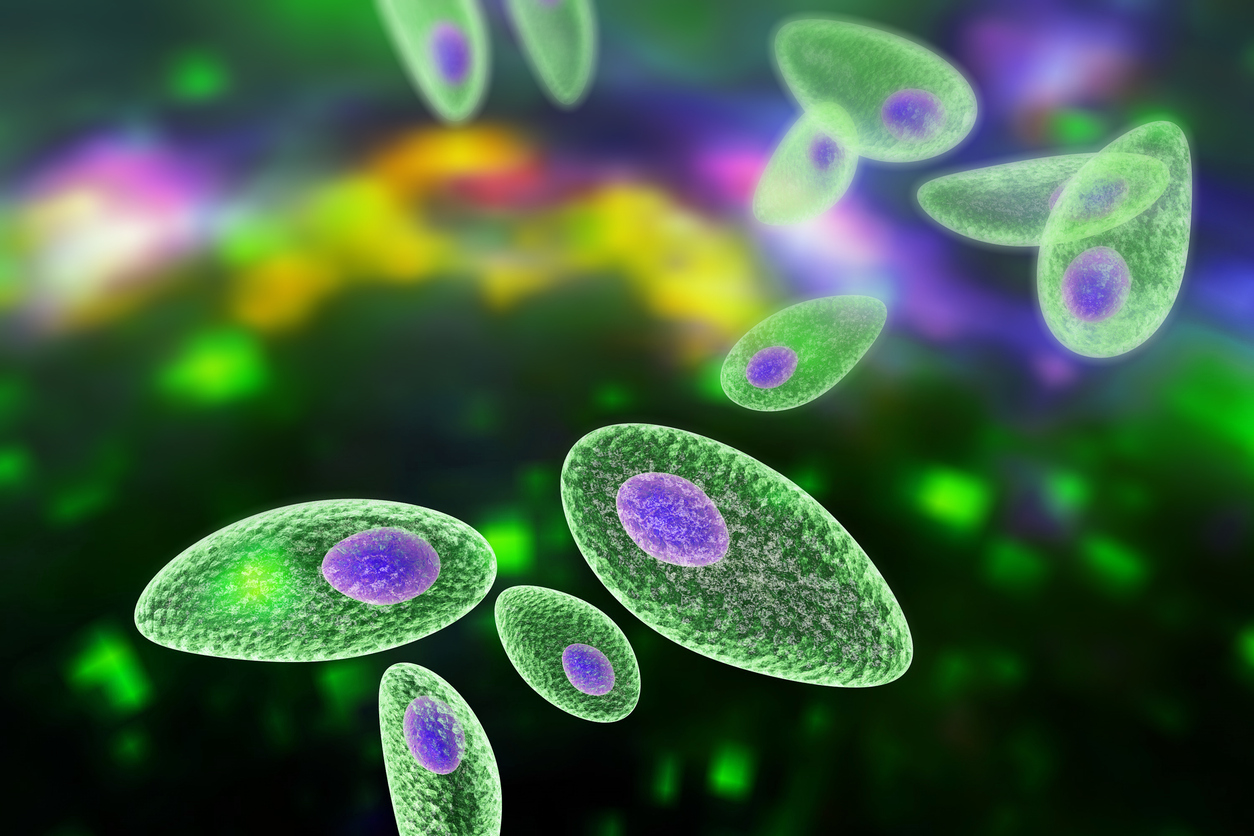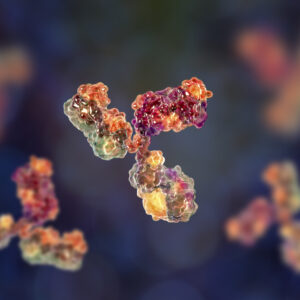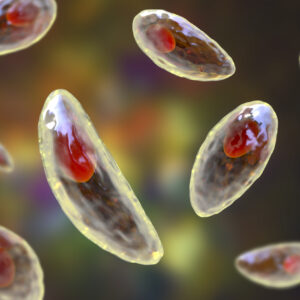Toxoplasma gondii IgM antigen
A highly purified source of Toxoplasma gondii membrane antigens, optimised for IgM detection.
PRODUCT DETAILS – Toxoplasma gondii IgM antigen
- Strain RH
- Native Antigen
- Presented as liquid in 2% OGP in PBS pH 7.4
- Highly purified and optimised for IgM detection in immunodiagnostic assays.
BACKGROUND
Toxoplasma gondii (T. gondii) is an obligate intracellular parasitic protozoan of the phylum Apicomplexa. It is the causative agent of the disease Toxoplasmosis, a common parasitic zoonoses which is widespread throughout most of the world. The domestic cat and other members of the family Felidae are the only definitive hosts for T.gondii. However, T.gondii is also capable of infecting a wide range of birds and mammals, including humans, which act as intermediate hosts.
In domestic cats, sexual replication of T. gondii occurs with the release of oocysts into the environment, in cat faeces. In humans, T. gondii is primarily acquired by ingesting undercooked meat contaminated with bradyzoites (tissue cysts), drinking water contaminated by oocysts, or via accidental ingestion of cat faeces containing oocysts. In pregnant women, infected with T. gondii, vertical transmission of the parasite can occur causing congenital defects, stillbirths or miscarriage. In rare cases, infection via blood transfusion and organ transplant can also occur (CDC).
In humans, ingestion of T. gondii tissue cysts (bradyzoites) or oocysts causes rupture of the cyst wall releasing sporozoites, which invade enterocytes in the small intestine and start to replicate. Infected cells then release tachyzoites which can enter adjacent cells and continue multiply. This acute phase of infection allows tachyzoites to disseminate throughout the body affecting multiple cells and organs. A major surface protein SAG-1 (p30), abundant on the surface of tachyzoites, is an immunogenic target which stimulates a potent immune response. Tachyzoites that survive the immune response form bradyzoites in human nerve and muscle tissues, where they can remain dormant during the life of the host (Black, MW).
Most humans infected with T. gondii remain asymptomatic, or may present with mild flu-like symptoms including fever, headache, muscle pain and lymphadenopathy. However, in immunocompromised individuals, Toxoplasmosis can cause clinical disease including retinochoroiditis, myocarditis and meningoencephalitis, potentially leading to death. In pregnant women, T. gondii infection during the early stages of pregnancy can result in miscarriage, stillbirth or congenital defects of the newborn (CDC).
REFERENCES
-
- Centers for Disease Control and Prevention: Parasites – Toxoplasmosis (Toxoplasma infection)
- Black MW, Boothroyd JC. 2000. Lytic cycle of Toxoplasma gondii. Microbiol Mol Biol Rev. Sep;64(3):607-23.




